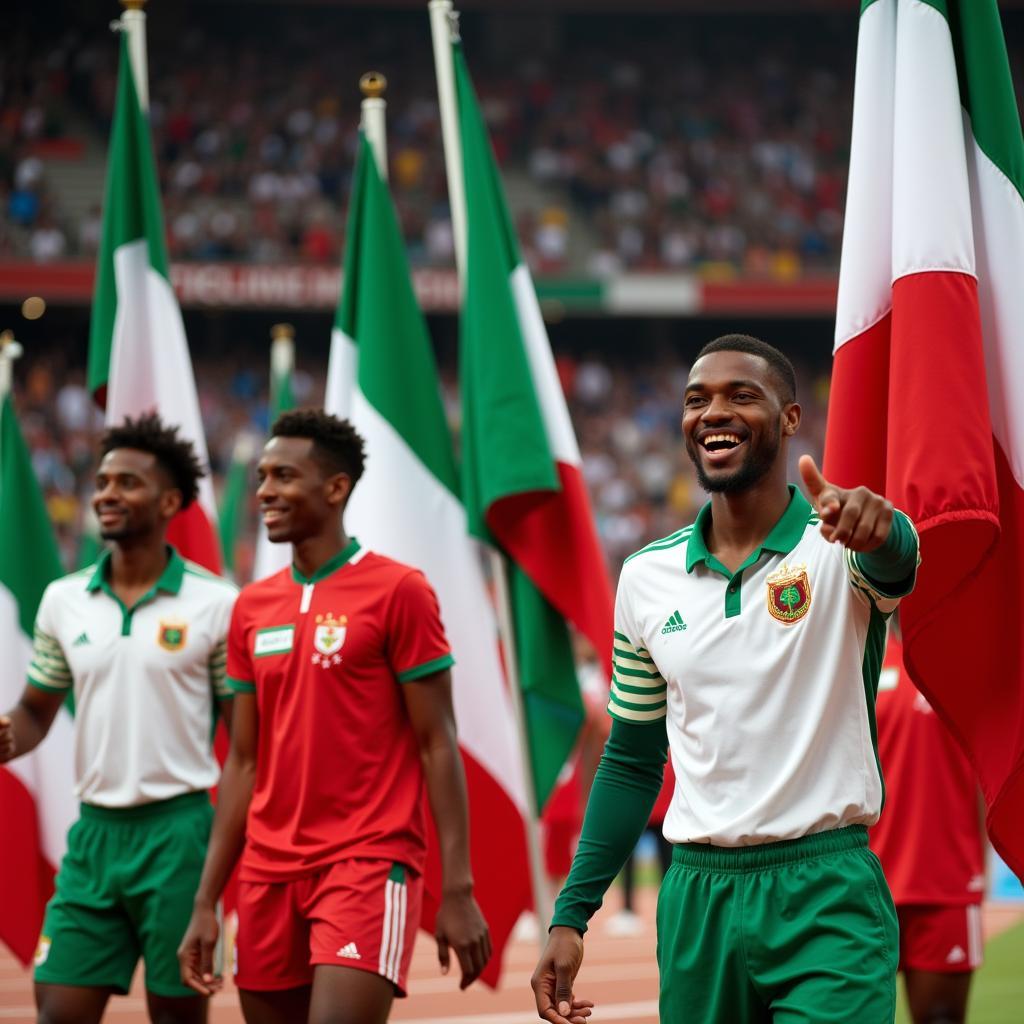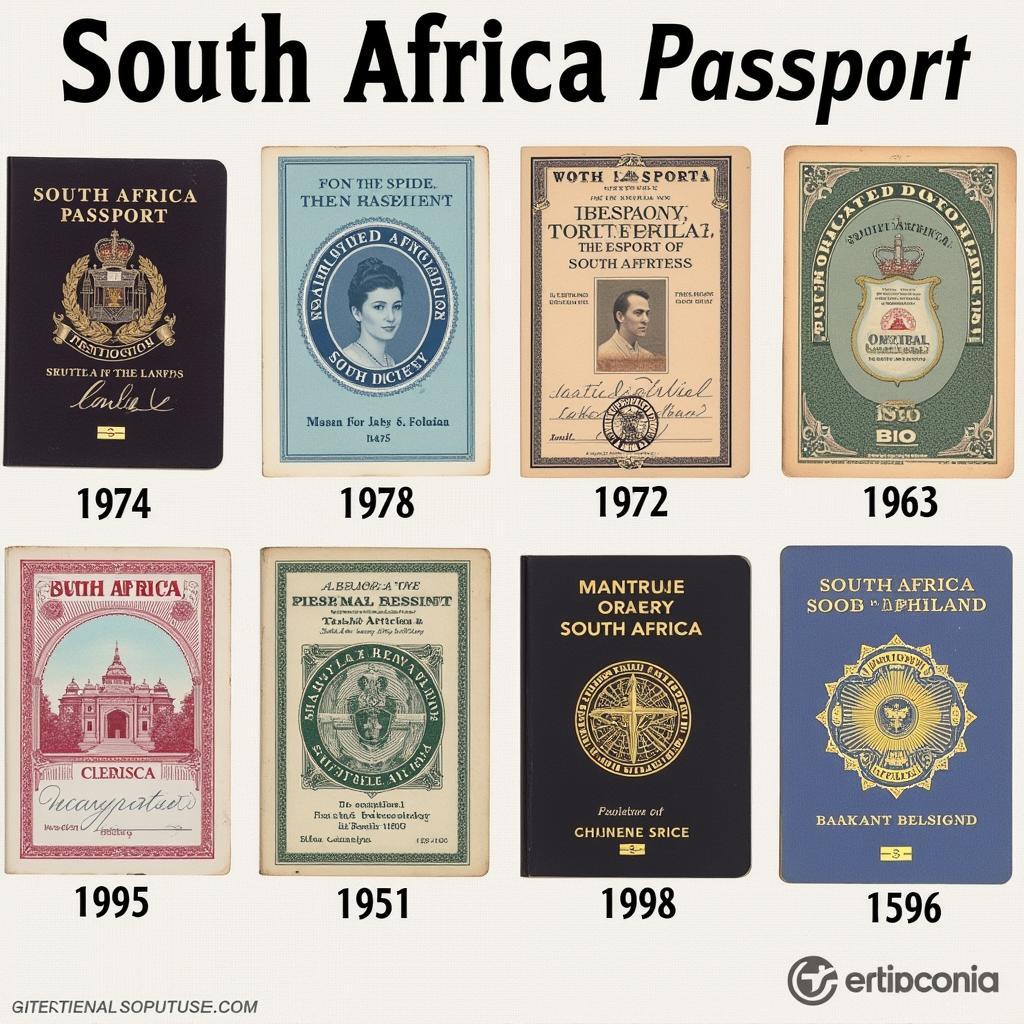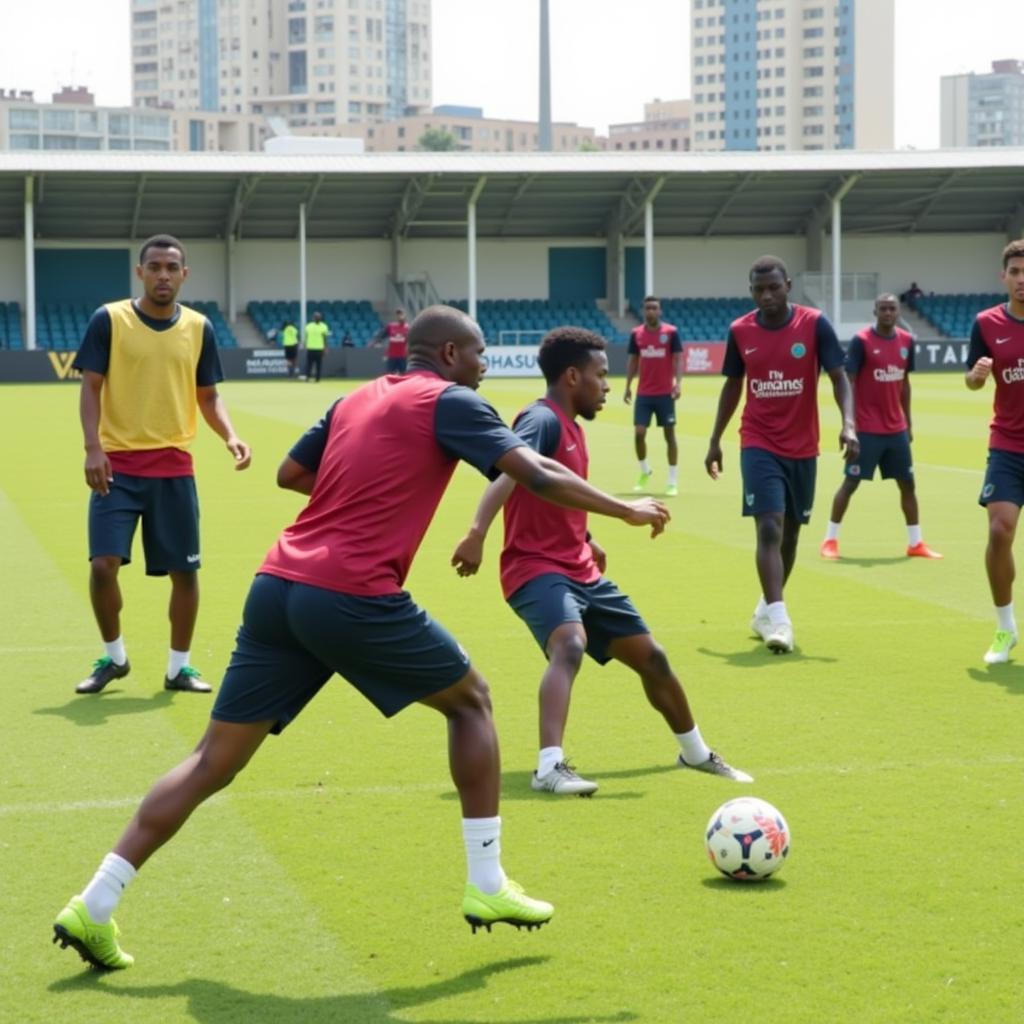African Representation in the Middle East at the Asian Games
African athletes competing for Middle Eastern nations in the Asian Games is a fascinating intersection of sport, nationality, and globalization. This article explores this phenomenon, examining its historical context, the reasons behind it, and its implications for both the athletes and the countries involved.
The Intersection of Africa and the Middle East in Asian Sports
The presence of African-born athletes representing Middle Eastern countries in the Asian Games isn’t a recent development. Over the years, several nations, particularly in the Gulf region, have recruited athletes from Africa to bolster their national teams. This practice raises complex questions about national identity, sporting regulations, and the global movement of athletic talent.  African Athletes Competing for Middle Eastern Nations at the Asian Games
African Athletes Competing for Middle Eastern Nations at the Asian Games
This practice is more prevalent in sports where these countries may lack a deep pool of local talent. By recruiting athletes from Africa, these nations can compete at a higher level on the Asian stage and potentially achieve greater international recognition.
Why Do African Athletes Compete for Middle Eastern Nations?
For many African athletes, competing for a Middle Eastern country offers opportunities they might not have at home. These opportunities can include better training facilities, access to higher-level competition, and improved financial prospects. In some cases, it represents a chance to escape difficult economic circumstances and build a better life for themselves and their families.  Reasons African Athletes Choose to Compete for Middle Eastern Countries
Reasons African Athletes Choose to Compete for Middle Eastern Countries
Many athletes find the cultural shift manageable and see it as part of the broader experience. While navigating these cultural differences can be challenging, the rewards often outweigh the difficulties for these athletes.
The Impact on the Asian Games
The participation of African-born athletes in the Asian Games has undeniably contributed to the increasing diversity and competitiveness of the games. It has also sparked conversations about the eligibility rules and the definition of national representation in international sporting events. Some argue that it dilutes the spirit of national competition, while others see it as a positive example of globalization and cross-cultural exchange in sports.
The Olympic Council of Asia (OCA) has established regulations regarding the eligibility of athletes to represent a specific nation. These regulations usually involve residency requirements and the renunciation of previous citizenship.
Examining the Ethical Considerations
The ethical implications of this practice are multifaceted and warrant careful consideration. While it offers opportunities for athletes, questions arise about potential exploitation, the impact on the development of local talent in the Middle Eastern nations, and the fairness of the competition.  Ethical Considerations of African Athletes in the Asian Games
Ethical Considerations of African Athletes in the Asian Games
It’s essential to ensure that the rights of these athletes are protected and that they are not being exploited for their athletic abilities. Furthermore, the development of homegrown talent in these Middle Eastern countries should not be neglected in the pursuit of international sporting success.
Conclusion
The participation of African athletes representing Middle Eastern nations in the Asian Games is a complex issue with both benefits and challenges. It highlights the global nature of sport and the intertwined fates of athletes and nations in the modern world. As the phenomenon continues, it’s crucial to address the ethical considerations and ensure a fair and sustainable future for all involved.
FAQ
- What are the eligibility rules for athletes competing in the Asian Games?
- How does the recruitment of African athletes impact the development of local talent in the Middle East?
- What are the benefits and challenges for African athletes competing for Middle Eastern nations?
- Are there any regulations in place to prevent the exploitation of these athletes?
- How does this practice affect the overall competitiveness and fairness of the Asian Games?
- What are the cultural implications for athletes transitioning from Africa to the Middle East?
- What is the future outlook for this trend in international sports?
Need support? Contact us 24/7: Phone: +255768904061, Email: [email protected], or visit us at Mbarali DC Mawindi, Kangaga, Tanzania.


